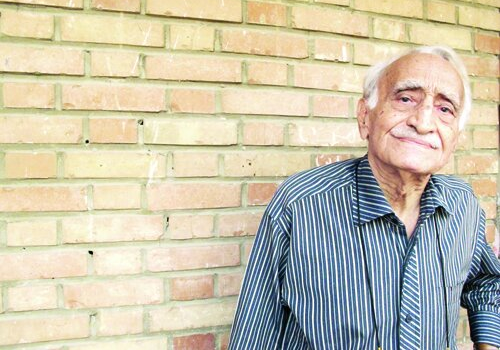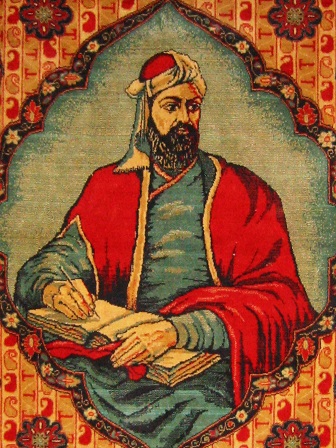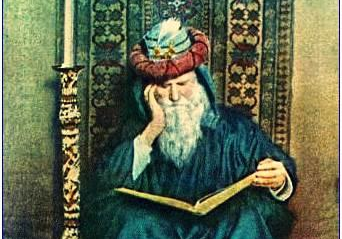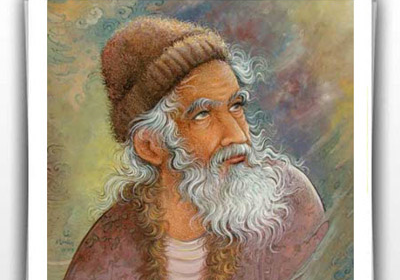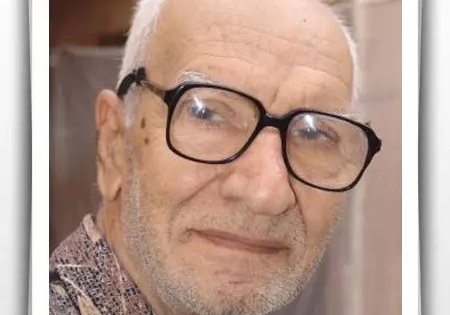
Ferdowsi
Hakim Abu al-Qasem Ferdowsi Tusi was born in the Tabaran district of the city of Tus around the year 940 CE. Ferdowsi is the greatest Iranian epic Persian poet who composed “Shahnameh”, comprising nearly 60,000 verses, which turned out to be the most famous collection of his poems and one of the greatest literary works of ancient Persia.
Not much information is available about Ferdowsi’s life before the composition of the Shahnameh, but it is clear that with the income he received from his father’s properties he did not need anyone’s support in his youth. However, it is written that he gradually lost those properties and was, thus, overtaken by poverty. Right from the beginning, Ferdowsi began to acquire knowledge and be educated. He became interested in reading stories, especially about Iran’s past history. It was this interest in Iran and the ancient Iranian civilization that inspired him to rewrite the ancient and religious texts of the Iranians in the form of his Shahnameh, and he devoted nearly thirty years of the best days of his life to this work.
Ferdowsi passed away in the city of Tus in the year 1020 CE. A magnificent tomb was built for him in the garden of the city of Tus in the inauguration of which a number of the greatest orientalists, Shahnameh scholars, and Iranologists of the world had participated.
Shahnameh of Ferdowsi has been translated into many languages and there are many manuscripts of this great work both in Iran and other countries. For instance, mention may be made of one of the oldest and most authentic manuscripts of Shahnameh, which is kept in the National Library of Florence.
Several streets and squares are named after Ferdowsi, and his sculptures can be seen in Tehran, Tus (next to his Tomb), Rome in a square of the same name in Villa Borghese, Mashhad (Ferdowsi University of Mashhad), etc.
Many institutions and foundations have been established in Iran and the world in Ferdowsi’s name, and so far several ceremonies have been held to commemorate him, including the Ferdowsi Millennium Festival or the Ferdowsi Millennia Celebration. The millennium of the end of Shahnameh was inscribed in the list of scientific, cultural, and artistic personalities and events of UNESCO in the year 2010-2011.
| Name | Ferdowsi |
| Country | Iran |
| Works | Shahnameh |


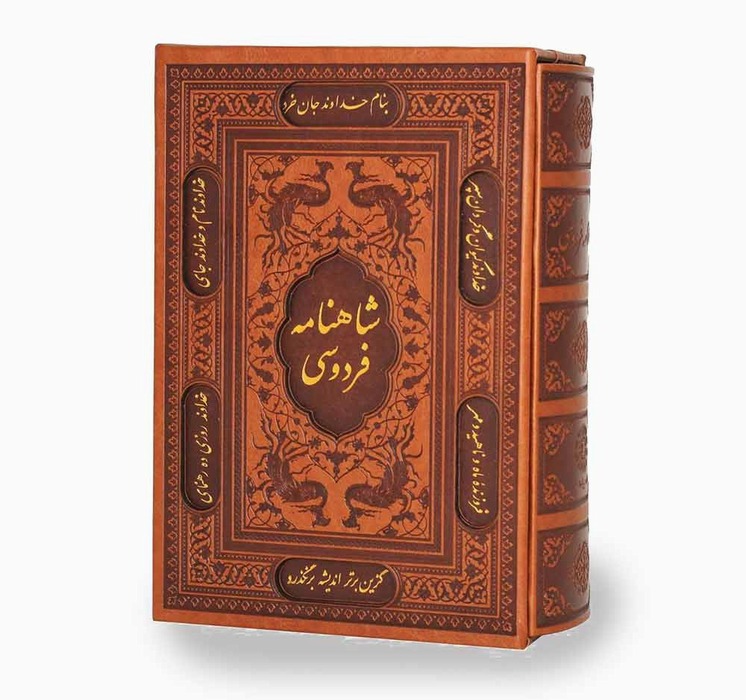




Ferdowsi and His Shahnameh, the Pride of Iran
Ferdowsi is best known for his epic poems. An epic poem can simply be defined as a narrative poem about bravery and courage. Heroes in epic poems and stories typically possess extraordinary physical and spiritual powers, usually far more powerful than ordinary people. “Hakim Abul-Qasem Ferdowsi” is the greatest epic poet in the history of Persian literature.
The Pre-Shahnameh Era
Hakim Abul-Qasem Ferdowsi was born on the outskirts of Tus in Khorasan Razavi province in 940. This magnificent Iranian poet was born into an agriculturist family. He learned how to read and write in a maktab (a type of elementary school) in his village, Pazh. Ferdowsi then traveled to the city of Tus to pursue his education in a school in this city, where he got the chance to benefit from the company of Abu Mansur Muhammad ibn Ahmad who was better known as Daqiqi. Although Daqiqi lived only for thirty years, he spent most of his time versifying the national stories of an epic prose book titled “Abu Mansuri Shahnameh”. Daqiqi had composed one thousand verses about Vishtaspa and the rise of Zoroaster. Daqiqi was murdered by his servant following which Ferdowsi decided to complete Daqiqi’s unfinished work. Ferdowsi included Daqiqi’s verses in Shahnameh and used Abu Mansuri Shahnameh as the main source of his work “Shahnameh”.
Ferdowsi’s Shahnameh: the Pride of Iranians
Ferdowsi enjoyed reading ancient mythological stories. Iran was ruled by the Samanid Empire during his lifetime, an era in which Dari Persian had become more prominent. Although the Samanid’s official and administrative language was Arabic, they allowed the Iranian poets to compose their poems in their local language. Ferdowsi seized that opportunity to elevate and refurbish the Iranian definition of humanity and nationalism. Ferdowsi cemented the Iranian identity, roots, history, and achievements. Iranians will forever be indebted to him.
Shahnameh is known as “the pride of Iranians” within the Persian literary community. Rostam, Sohrab, Kaveh Ahangar, and Simurgh are the protagonists in Shahnameh, whereas Zahhak and Kay Kavous are the villains. Rostam is the main character in Shahnameh. He is an Iranian worrier with tremendous powers, who fights Divs (lit. demons) and defeats them all. Stories of Shahnameh e.g. “Rostam and Esfandiyar” remain significantly relevant among Iranians after more than a thousand years. The book comprises three sections including Asatiri (mythological), Pahlavani (worriorship), and historical.
Because of Ferdowsi and the great book of Shahnameh, the great personalities of Iranian literature and poetry consider the Samanian era, i.e. 10th and 11th centuries AD, to be the most important period of epic writing in Iran.
Ferdowsi’s Heritage: A Solid Foundation
Hakim Abul Qasem Ferdowsi passed away in his hometown in 1032 at the age of seventy-three. The 25th day of the Iranian month of Ordibehesht (coinciding with 15 May) is designated as the day of “Commemorating Ferdowsi and Persian Language and Literature”. Iranians believe through his work “Shahnameh” Ferdowsi revived the Iranian identity and culture. Ferdowsi’s grave is located twenty-eight kilometers outside the Pazh Village and every brick of the tomb on his grave reminds people of Ferdowsi’s wonderful epic work. Indeed, the Persian language and the people of Iran owe Ferdowsi their identity, just as Ferdowsi describes it in one of his poems: “It took me thirty years of affliction – Surely, I revived Iranians with Persian”.
| Name | Ferdowsi and His Shahnameh, the Pride of Iran |
| Country | Iran |
| Nickname | Ferdowsi |
| Production Time | 981 AD |
| Works | Shahnameh |
| Yard period | the past |
| Type | Literary |
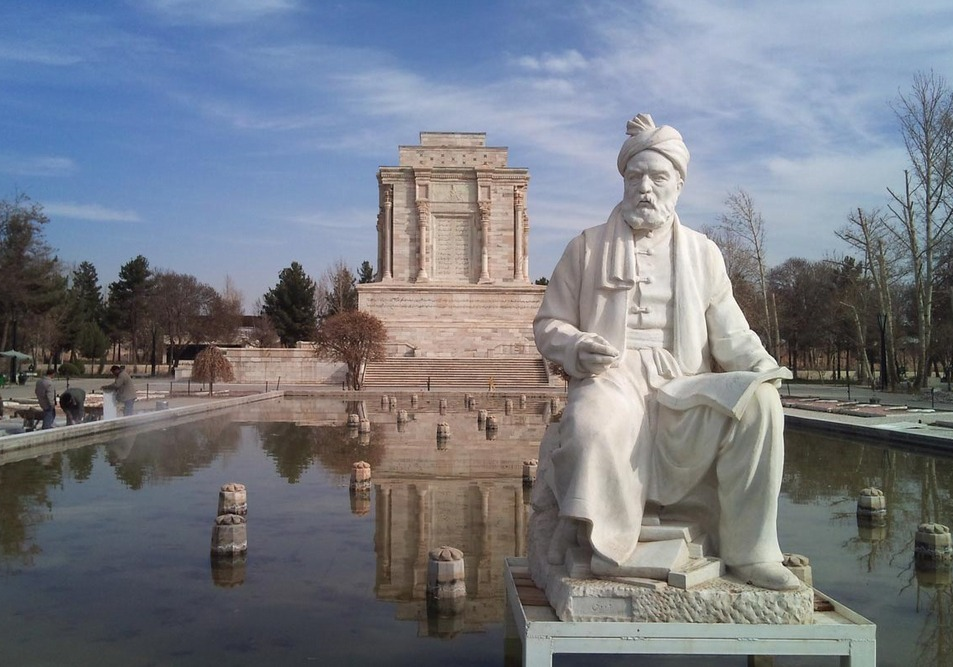
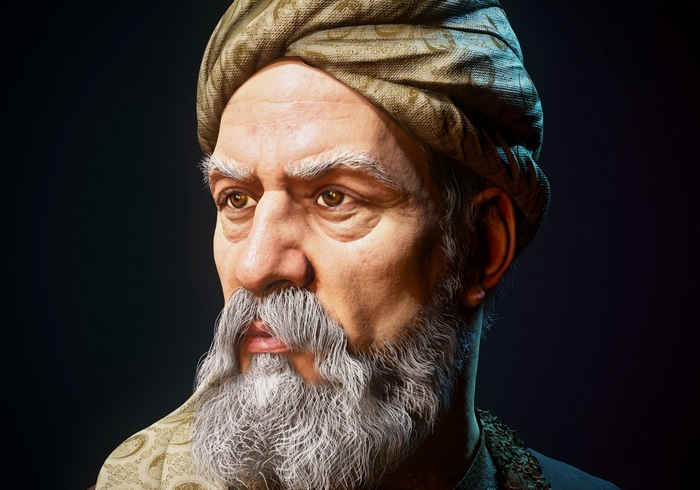
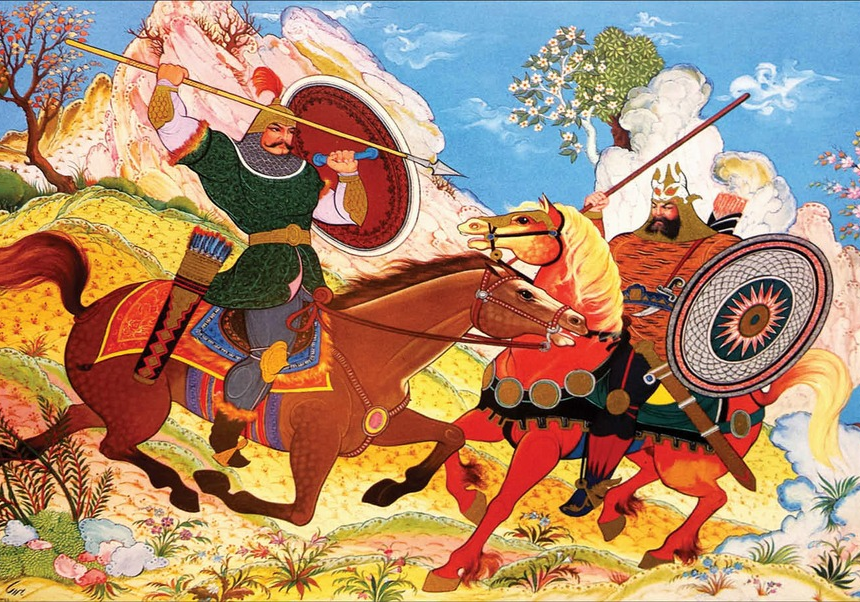
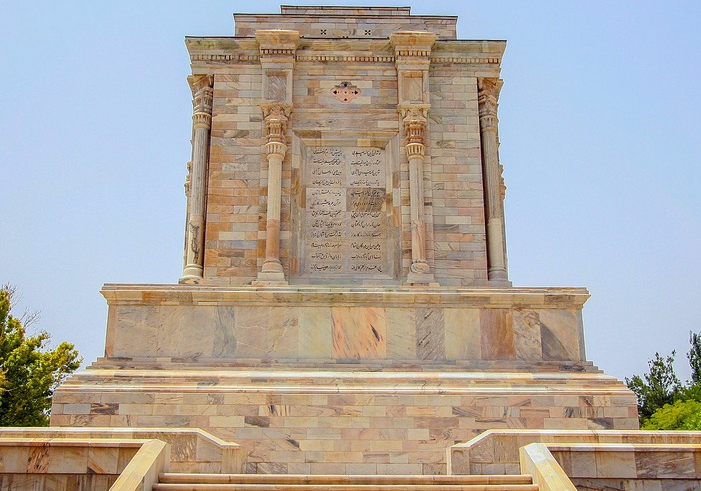
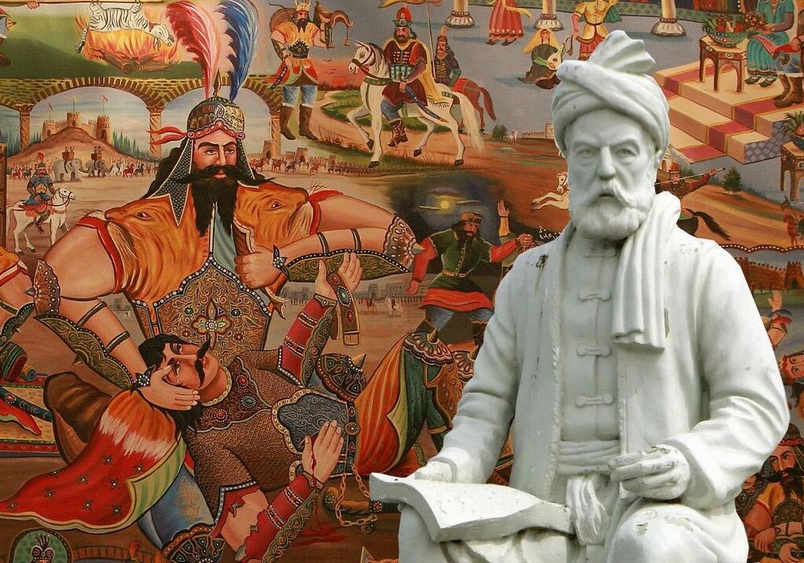





Choose blindless
Red blindless Green blindless Blue blindless Red hard to see Green hard to see Blue hard to see Monochrome Special MonochromeFont size change:
Change word spacing:
Change line height:
Change mouse type:




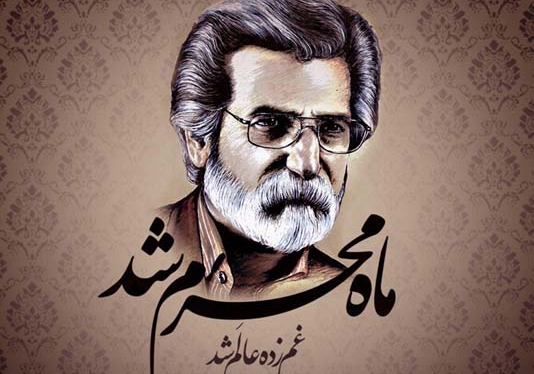
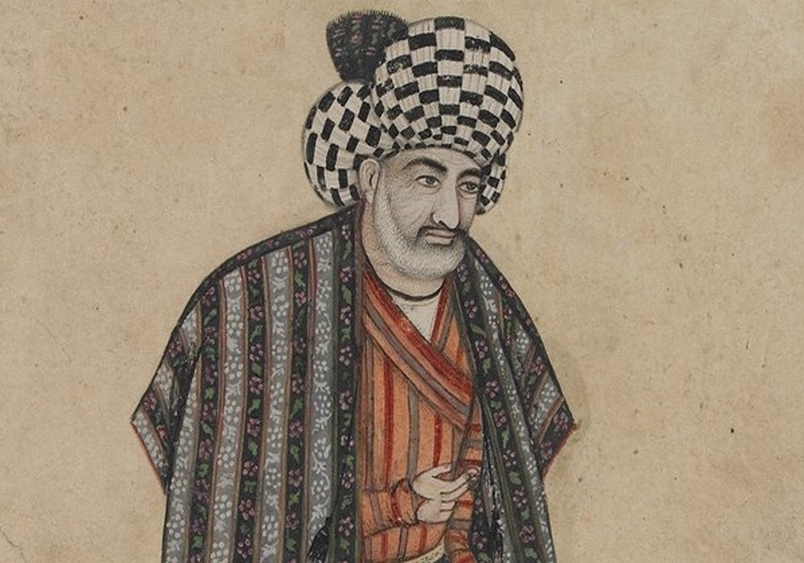
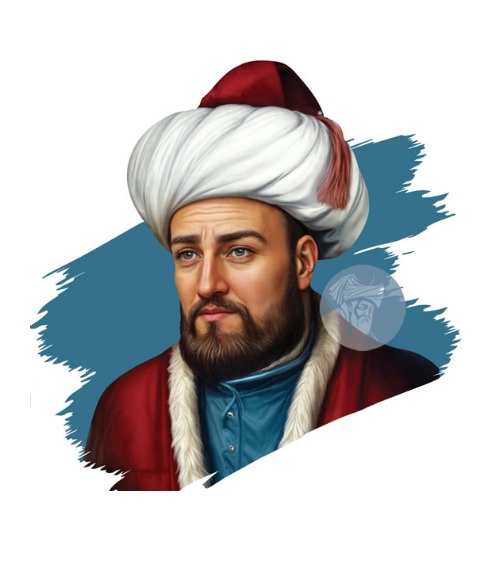


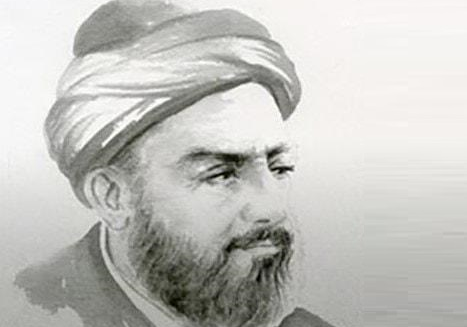
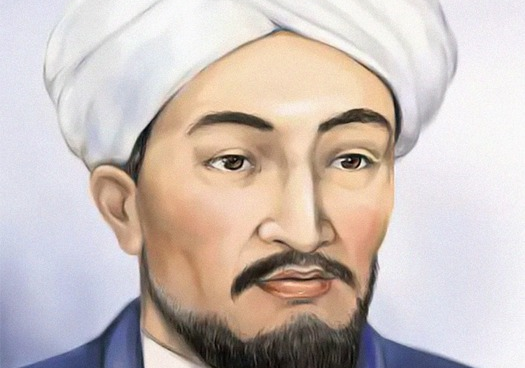




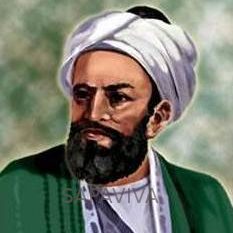
(b)_crop_8.jpg)
